Microorganisms, Free Full-Text
Por um escritor misterioso
Last updated 28 março 2025
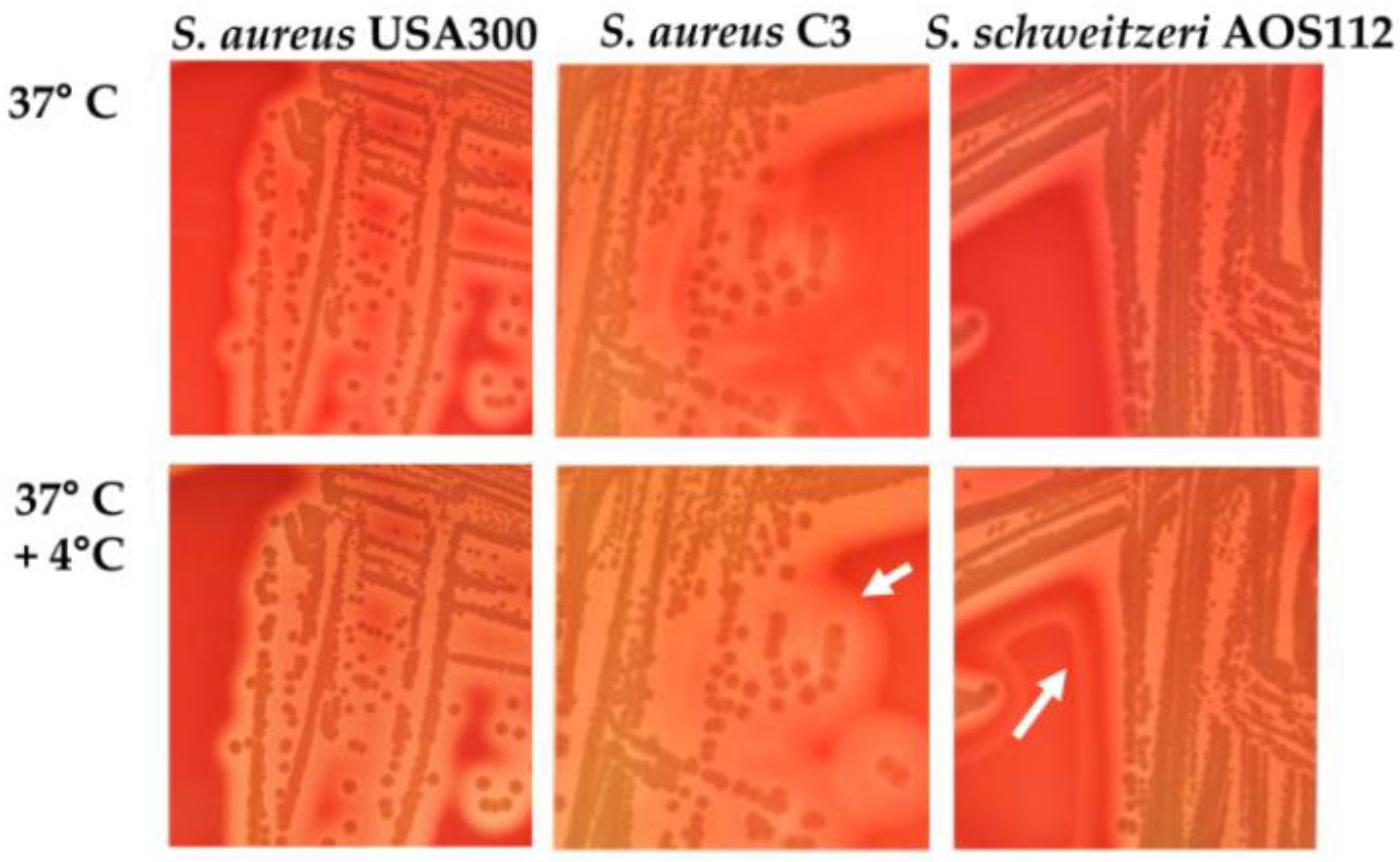
The Staphylococcus aureus-related complex is formed by the Staphylococcus aureus, Staphylococcus schweitzeri, Staphylococcus argenteus, Staphylococcus roterodami and Staphylococcus singaporensis. Within this complex, S. schweitzeri is the only species mainly found in African wildlife, but it is rarely detected as a colonizer in humans or as a contaminant of fomites. The few detections in humans are most likely spillover events after contact with wildlife. However, since S. schweitzeri can be misidentified as S. aureus using culture-based routine techniques, it is likely that S. schweitzeri is under-reported in humans. The low number of isolates in humans, though, is consistent with the fact that the pathogen has typical animal adaptation characteristics (e.g., growth kinetics, lack of immune evasion cluster and antimicrobial resistance); however, evidence from selected in vitro assays (e.g., host cell invasion, cell activation, cytotoxicity) indicate that S. schweitzeri might be as virulent as S. aureus. In this case, contact with animals colonized with S. schweitzeri could constitute a risk for zoonotic infections. With respect to antimicrobial resistance, all described isolates were found to be susceptible to all antibiotics tested, and so far no data on the development of spontaneous resistance or the acquisition of resistance genes such the mecA/mecC cassette are available. In summary, general knowledge about this pathogen, specifically on the potential threat it may incur to human and animal health, is still very poor. In this review article, we compile the present state of scientific research, and identify the knowledge gaps that need to be filled in order to reliably assess S. schweitzeri as an organism with global One Health implications.
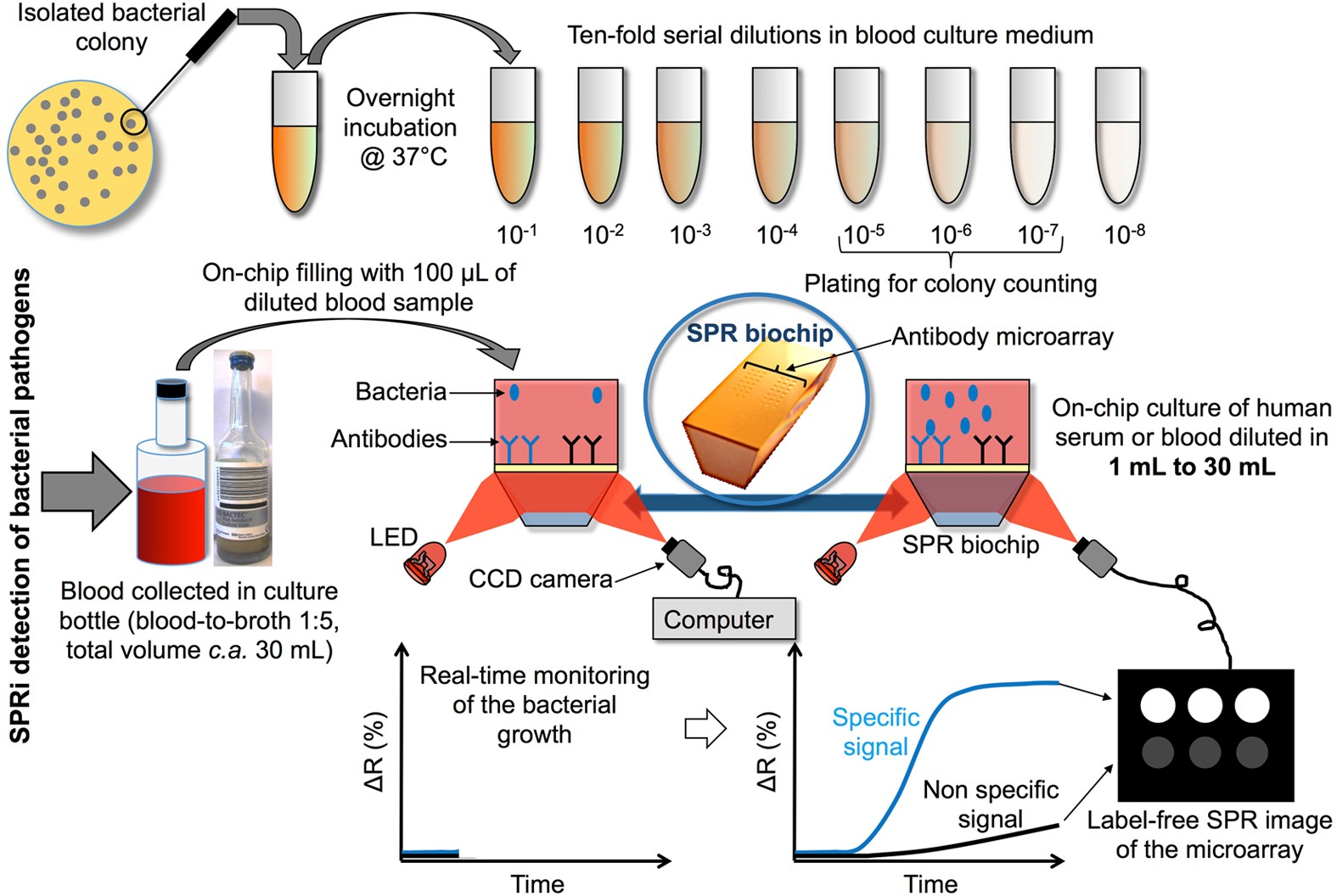
Biochips for Direct Detection and Identification of Bacteria in
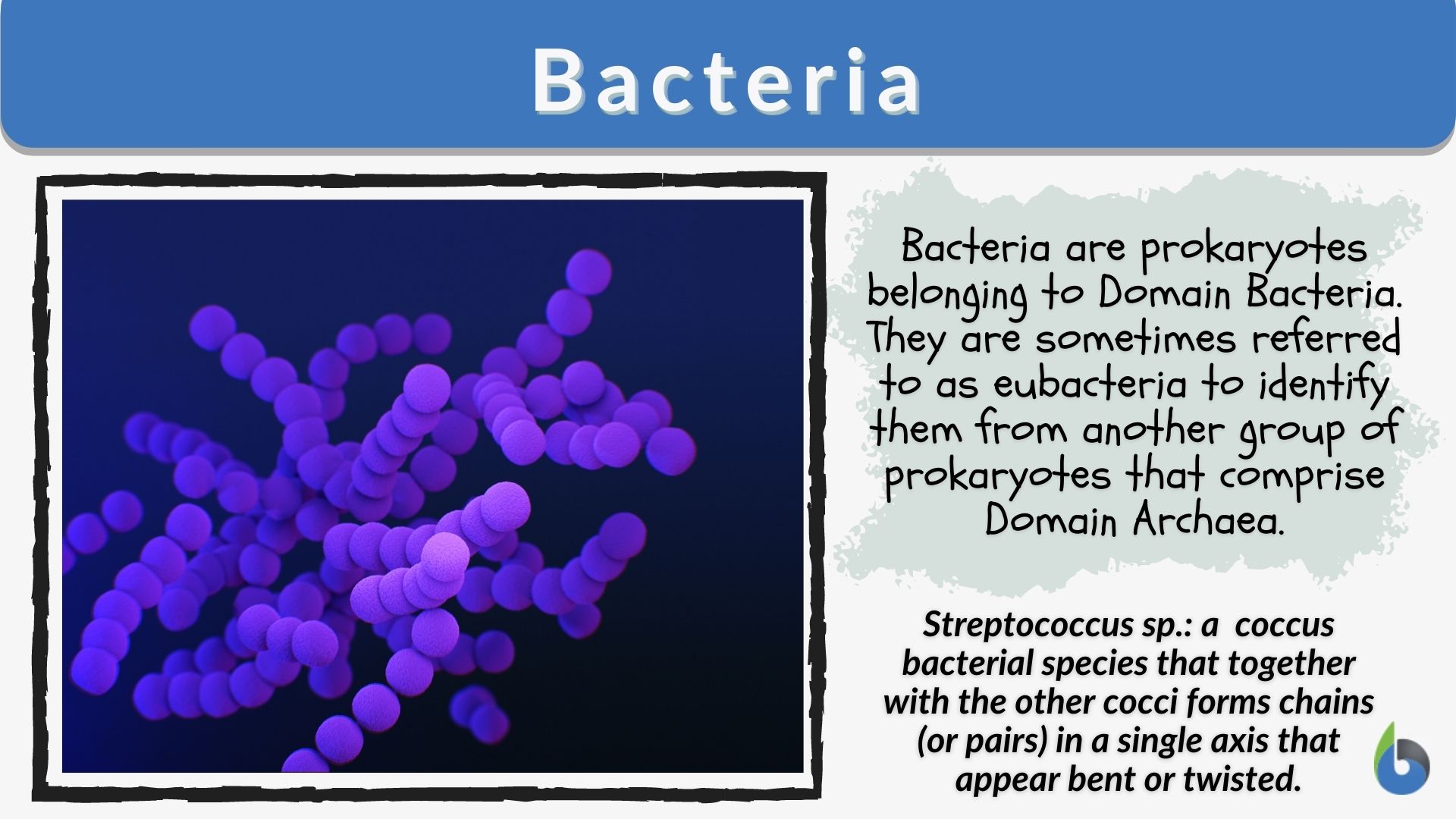
Bacteria - Definition and Examples - Biology Online Dictionary
/https://tf-cmsv2-smithsonianmag-media.s3.amazonaws.com/filer/a0/a1/a0a19b6b-d2f0-4466-a108-f888f3e8917a/yong_multitudes.jpg)
How Miraculous Microbes Help Us Evolve Better, Faster, Stronger
Microbiology: A Text-Book of Microorganisms, General and Applied
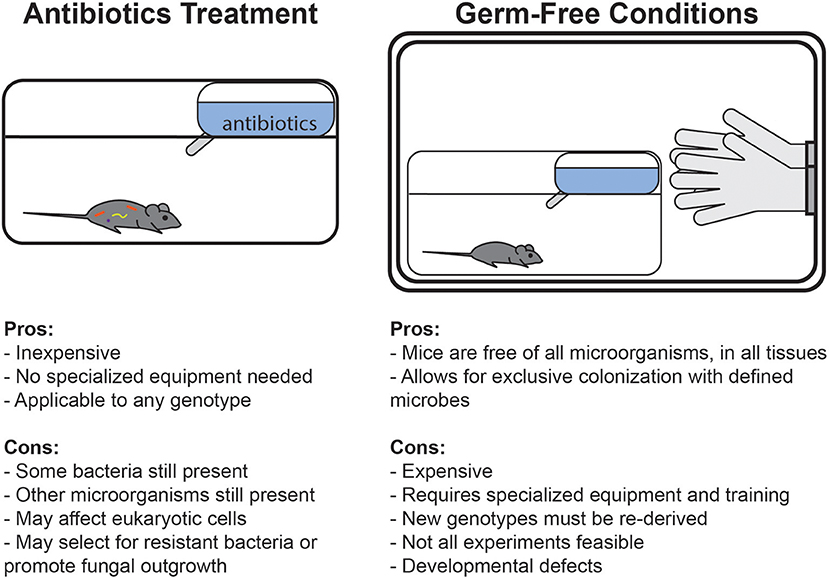
Frontiers Mouse Microbiota Models: Comparing Germ-Free Mice and
Microorganisms, Free Full-Text

Microorganisms: Friend and Foe- Class 8 - Leverage Edu

PDF) Effect of microorganisms on free amino acid and free D-amino
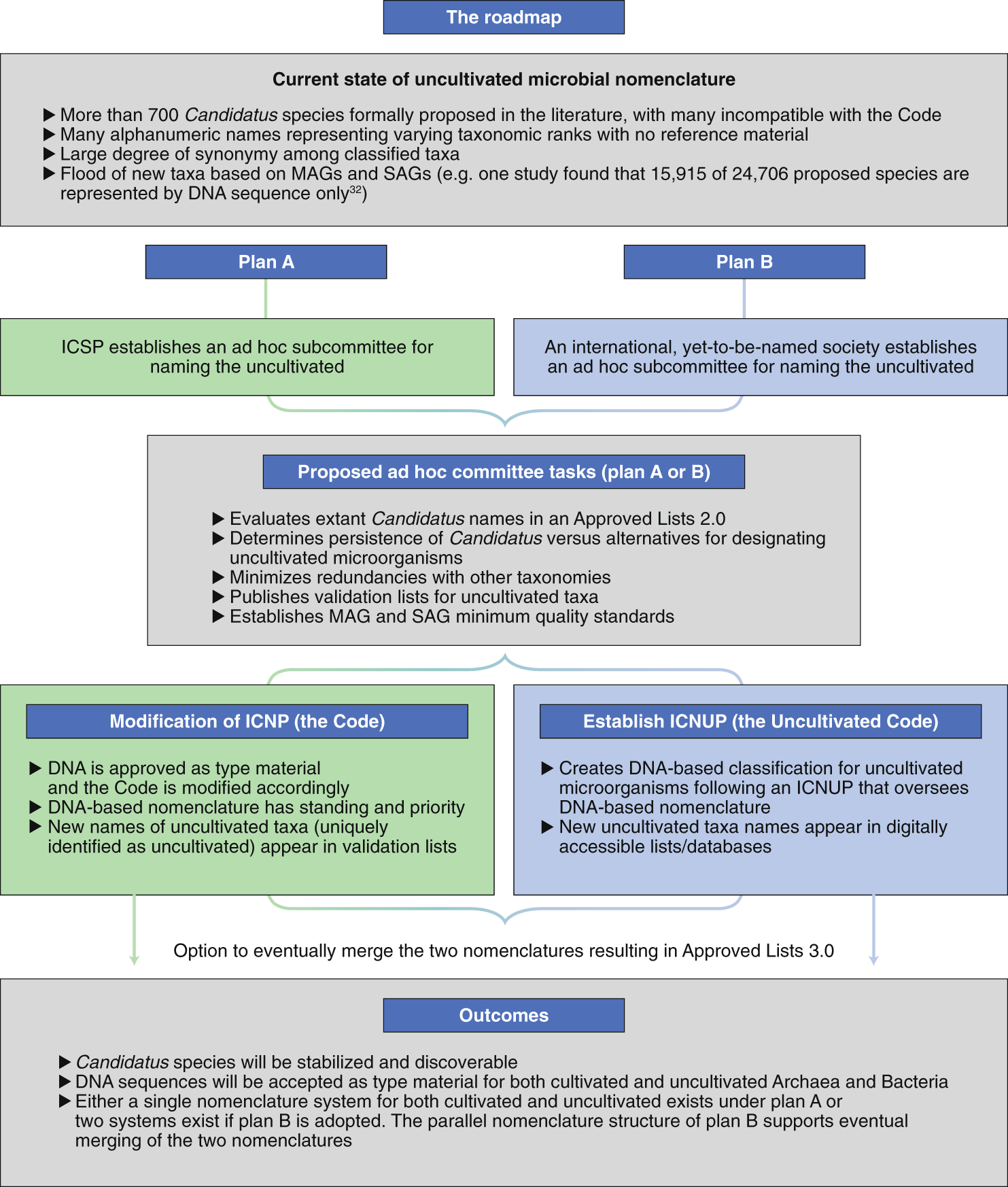
Roadmap for naming uncultivated Archaea and Bacteria
Most students are used to seeing the larger, more typical plants and animals that they can see with the naked eye. However, they will be fascinated
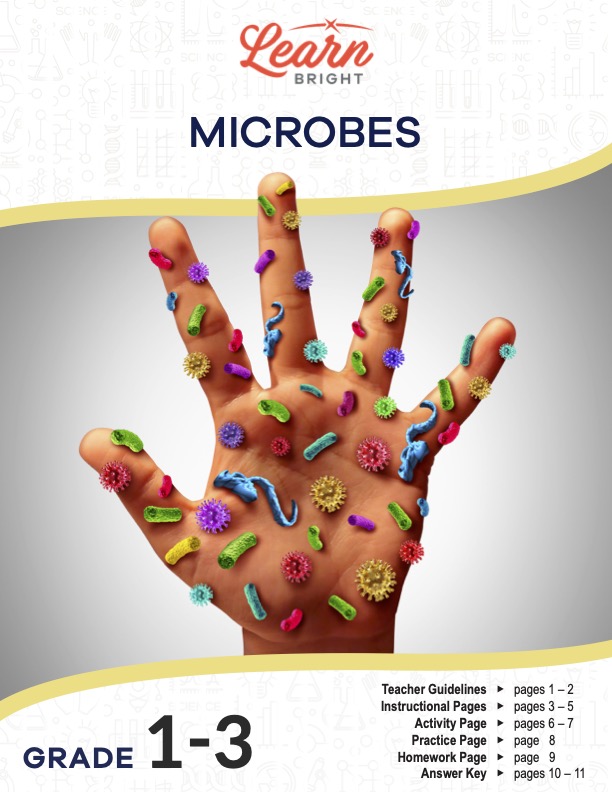
Microbes
Recomendado para você
-
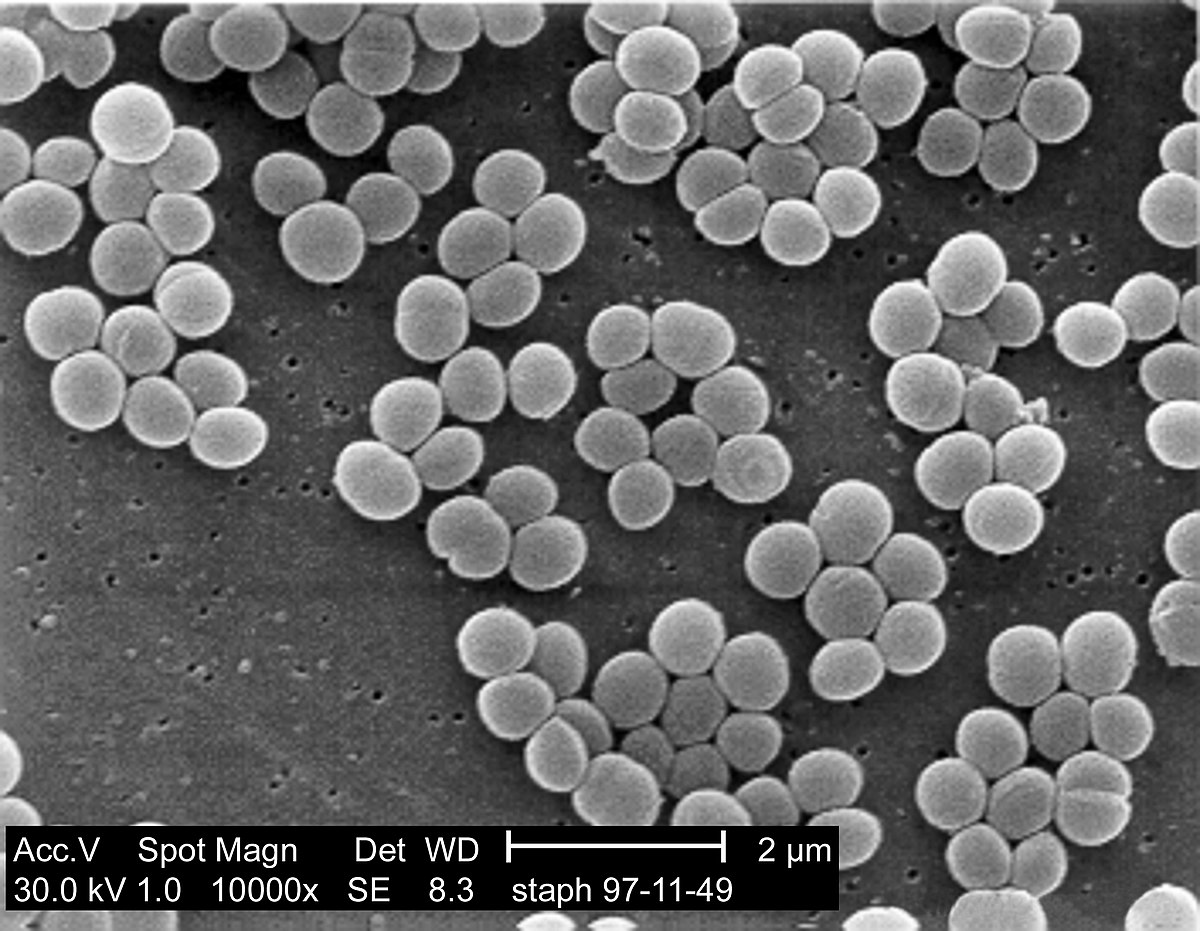 Staphylococcus - Wikipedia28 março 2025
Staphylococcus - Wikipedia28 março 2025 -
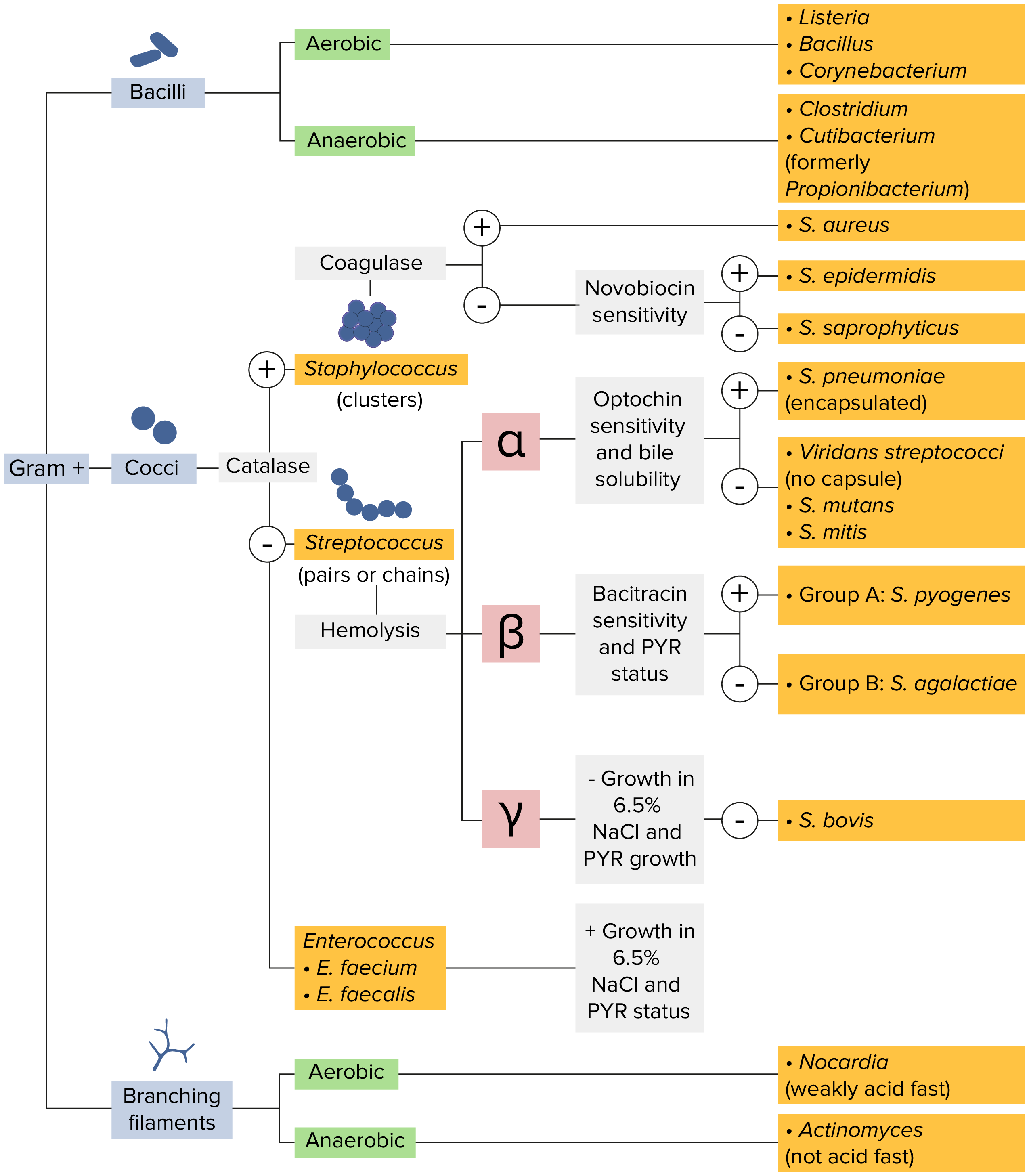 Staphylococcus Concise Medical Knowledge28 março 2025
Staphylococcus Concise Medical Knowledge28 março 2025 -
 Doctor explains Staphylococcus aureus fatalities and link to eczema28 março 2025
Doctor explains Staphylococcus aureus fatalities and link to eczema28 março 2025 -
 Methicillin-Resistant Staphylococcus aureus (MRSA)28 março 2025
Methicillin-Resistant Staphylococcus aureus (MRSA)28 março 2025 -
 Frontiers Cross-Talk between Staphylococcus aureus and Other Staphylococcal Species via the agr Quorum Sensing System28 março 2025
Frontiers Cross-Talk between Staphylococcus aureus and Other Staphylococcal Species via the agr Quorum Sensing System28 março 2025 -
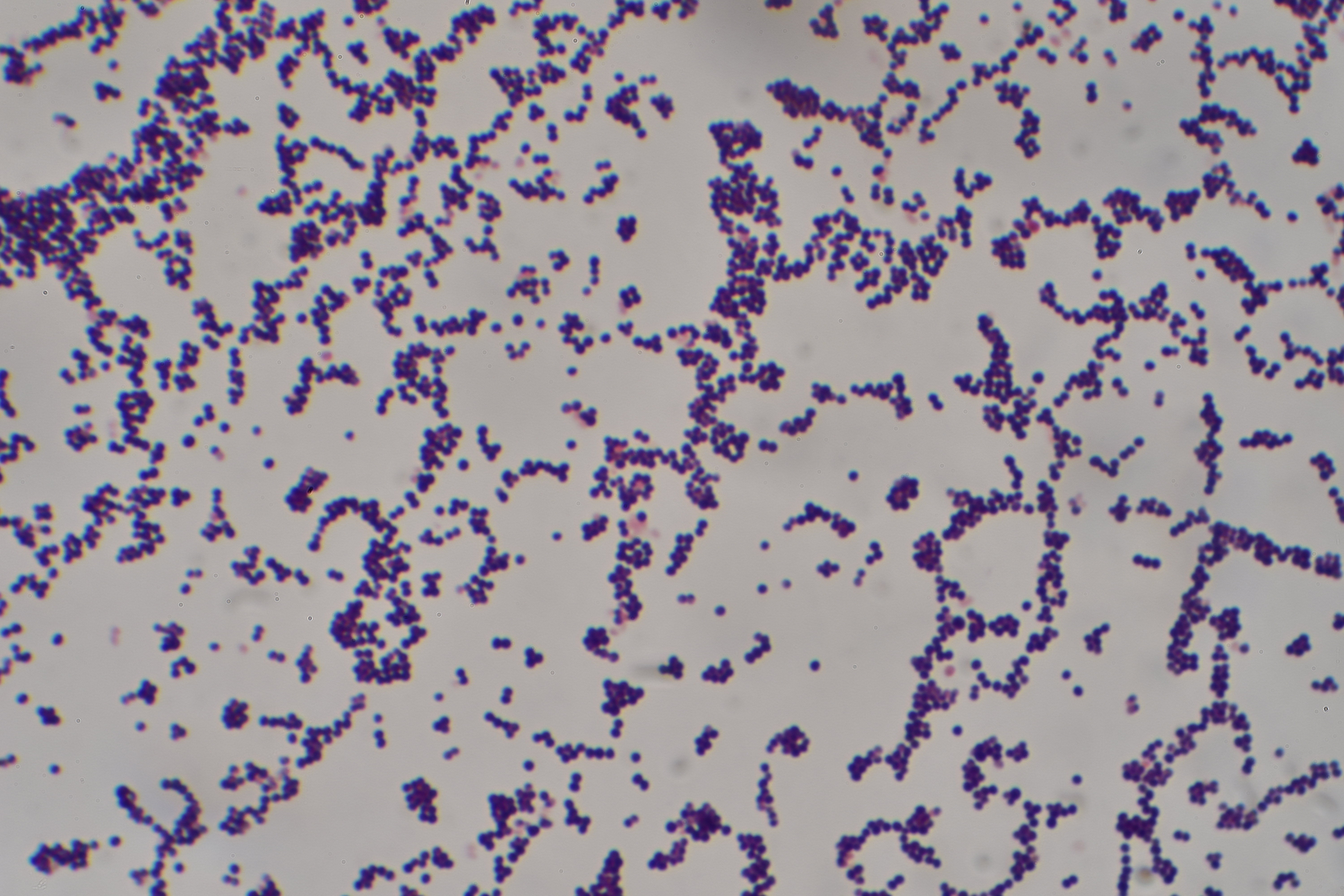 File:Staphylococcus aureus Gram stain.jpg - Wikimedia Commons28 março 2025
File:Staphylococcus aureus Gram stain.jpg - Wikimedia Commons28 março 2025 -
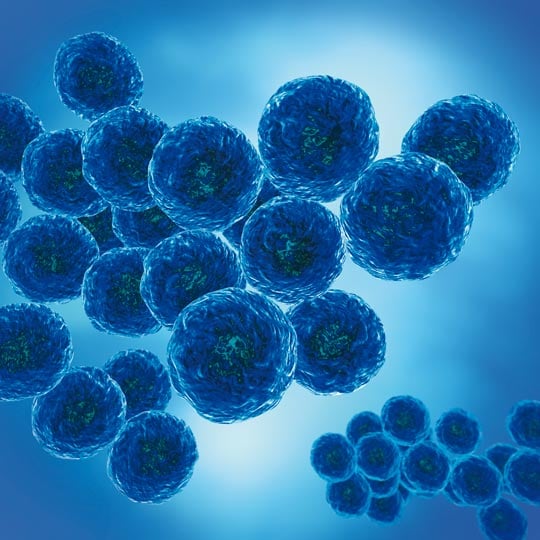 Staphylococcus aureus (incl. MRSA, VRSA)28 março 2025
Staphylococcus aureus (incl. MRSA, VRSA)28 março 2025 -
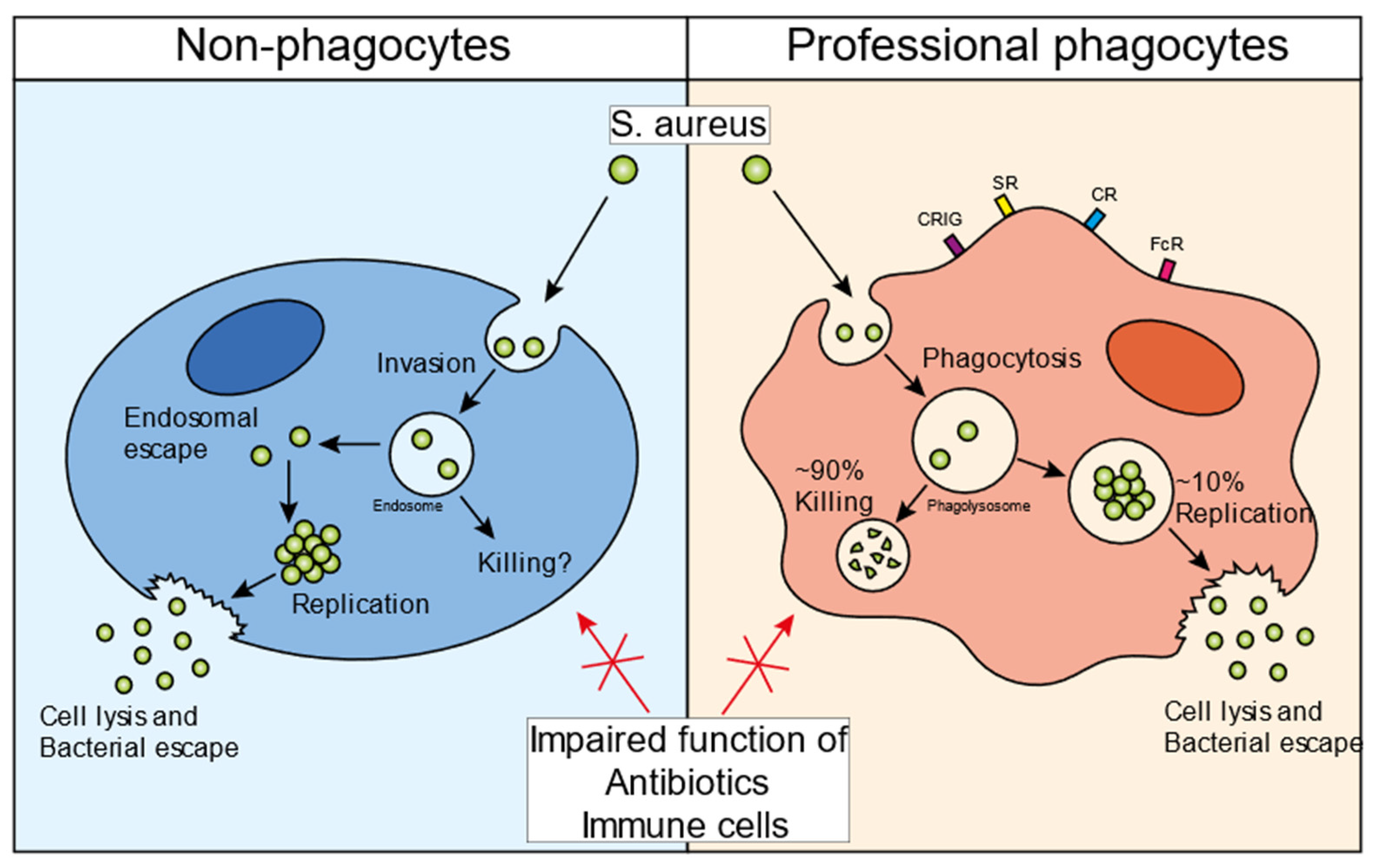 Biomedicines, Free Full-Text28 março 2025
Biomedicines, Free Full-Text28 março 2025 -
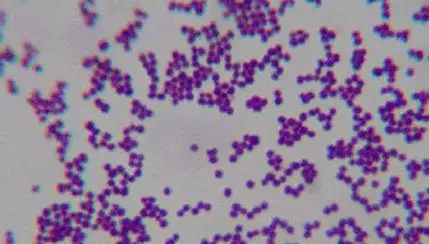 Relapse of Staphylococcus aureus bloodstream infection – patient information sheet28 março 2025
Relapse of Staphylococcus aureus bloodstream infection – patient information sheet28 março 2025 -
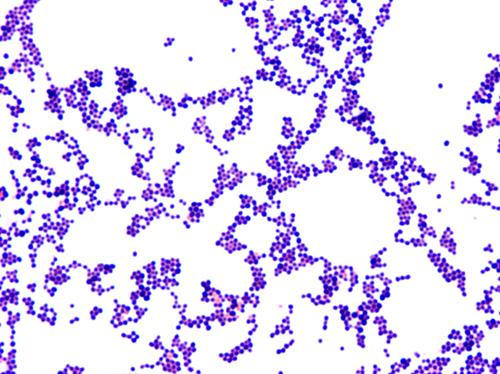 Staphylococcus Aureus - Stepwards28 março 2025
Staphylococcus Aureus - Stepwards28 março 2025
você pode gostar
-
 The Game Awards reveals 2022 Future Class - Inven Global28 março 2025
The Game Awards reveals 2022 Future Class - Inven Global28 março 2025 -
 D18 SMARTWATCH REVIEW E CONECTANDO APLICATIVO - ANDROID- VALE A PENA??28 março 2025
D18 SMARTWATCH REVIEW E CONECTANDO APLICATIVO - ANDROID- VALE A PENA??28 março 2025 -
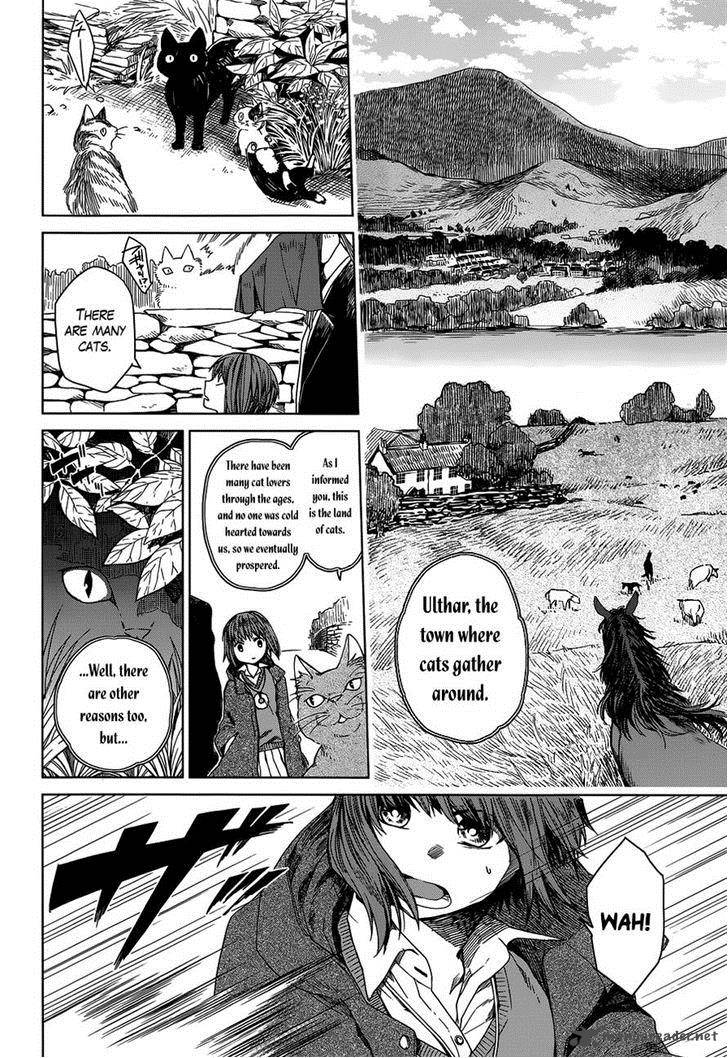 The Ancient Magus' Bride Manga Review – Bloom Reviews28 março 2025
The Ancient Magus' Bride Manga Review – Bloom Reviews28 março 2025 -
 Play Nintendo DS Star Fox Command (USA) Online in your browser28 março 2025
Play Nintendo DS Star Fox Command (USA) Online in your browser28 março 2025 -
 Jogos de Free Kick no Jogos 36028 março 2025
Jogos de Free Kick no Jogos 36028 março 2025 -
 Fast & Furious: Highway Heist28 março 2025
Fast & Furious: Highway Heist28 março 2025 -
Oshi No Ko Fandom28 março 2025
-
 Muito se fala sobre o t3ddy careca, mas e o t3ddy cabeludo? Da pra ver que o t3ddy cabeludo é até mais feliz : r/famiL28 março 2025
Muito se fala sobre o t3ddy careca, mas e o t3ddy cabeludo? Da pra ver que o t3ddy cabeludo é até mais feliz : r/famiL28 março 2025 -
 Can someone suggest me how to get this issue solved ??? : r28 março 2025
Can someone suggest me how to get this issue solved ??? : r28 março 2025 -
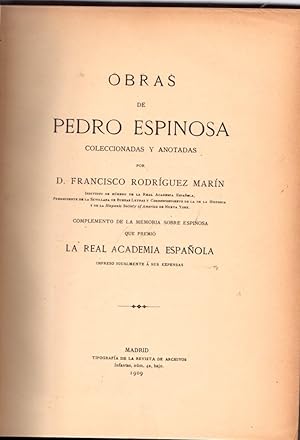 obras pedro espinosa - AbeBooks28 março 2025
obras pedro espinosa - AbeBooks28 março 2025
